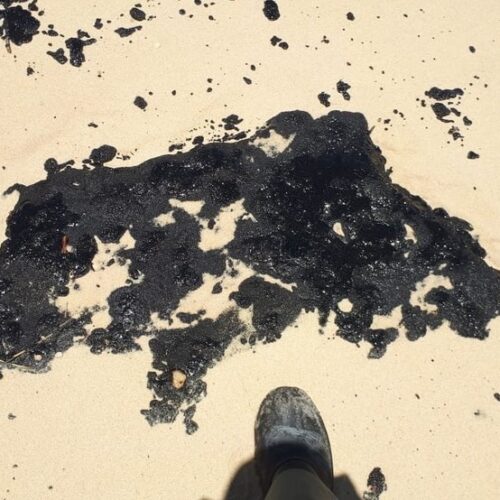2 Dec 21
Federal Police concludes investigation into 2019 oil spill and points to Greek ship as responsible
The Federal Police (PF) has concluded investigations into the oil spill that affected more than a thousand locations on the coast of Brazil in the second half of 2019. According to the PF, a Greek oil tanker was responsible for the crime. “The company, which did not have its name revealed, had its owners, the captain and the ship’s chief engineer indicted for the practice of the crimes of pollution, breach of environmental obligation and damage to conservation units (articles 40, 54 and 68 of Law 9.605/98),” indicated a G1 story.
At the time of the incident, President Jair Bolsonaro and former Environment Minister Ricardo Salles publicly accused the NGO Greenpeace and Venezuela of involvement in the crime, considered the most extensive in area in the country.
Sources:
















